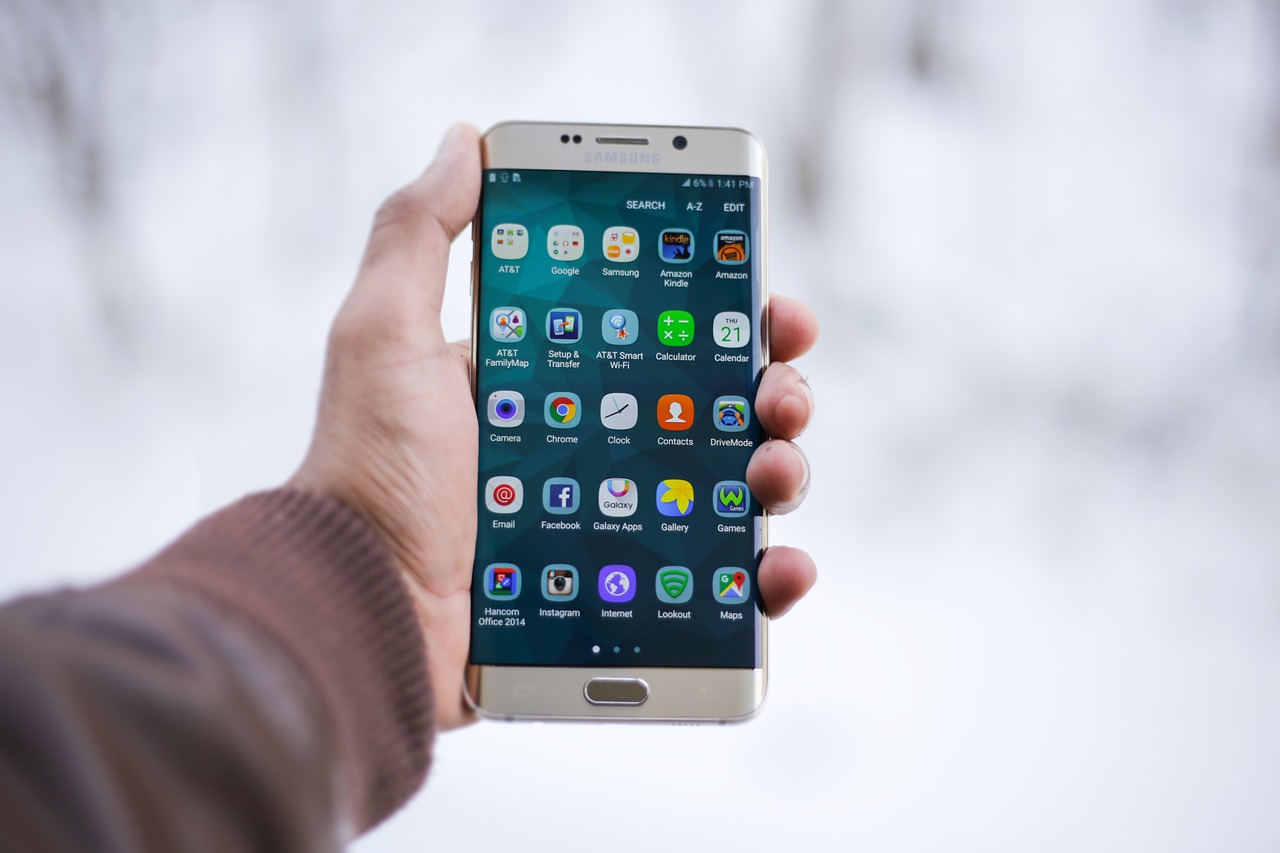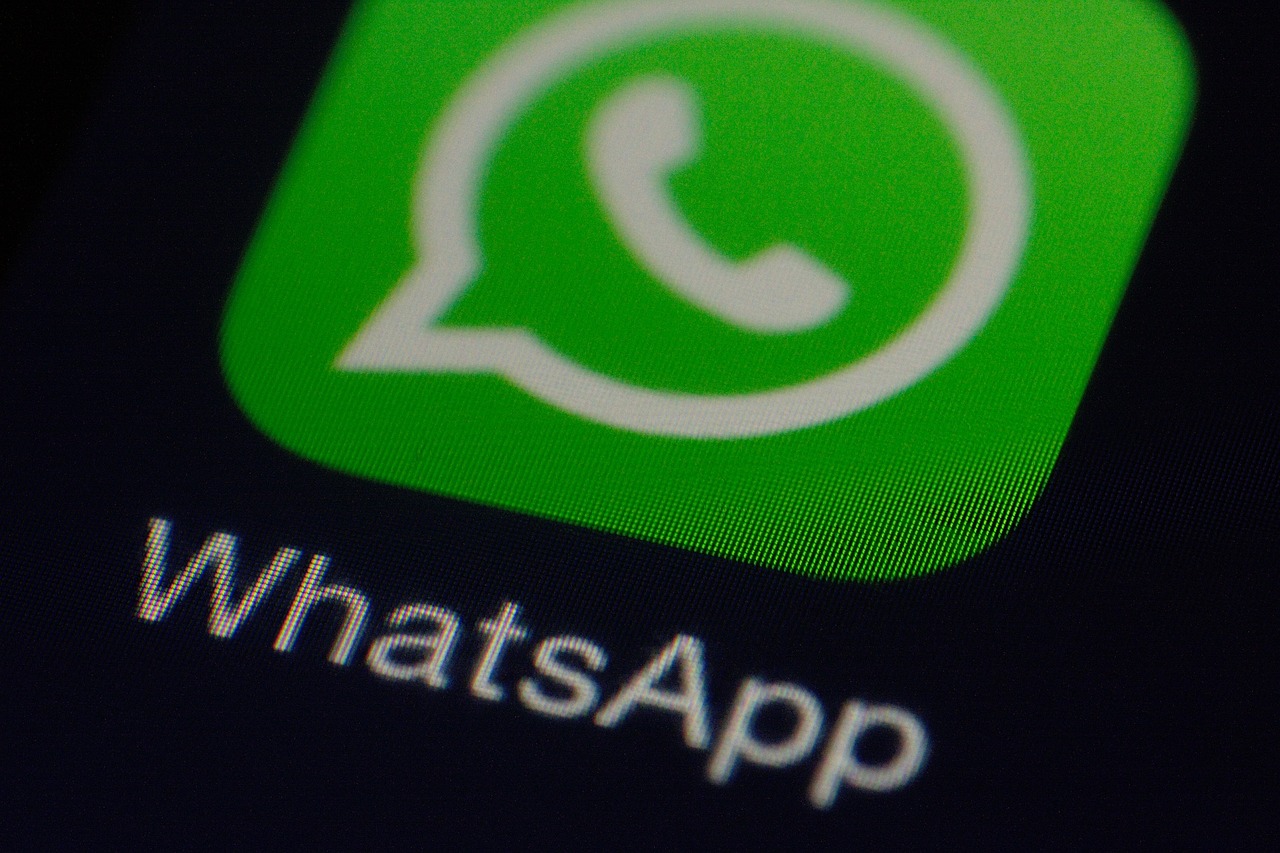Do you think Apple is no longer the pioneer in innovations it once was? Find out why.
Apple has always been considered an innovative company. Much of this recognition stems from the launch of the first iPhone in 2007, which revolutionized the mobile phone market. However, despite these and other successes, the company has been criticized for not including many new features in its products in recent years.
Let’s take the iPhone 15 as an example. The phone is almost exactly like the iPhone 14 Pro, just with two cameras, USB-C, and a different color scheme. The iPhone 15 Pro Max has an even more powerful processor and a titanium body. But it’s not much different from the previous generation.

Has Apple stopped innovating?
This isn’t the first time, and it probably won’t be the last, that someone wonders if Apple has stopped innovating. This concern about innovation existed even before the company’s co-founder passed away in 2011. To understand this concern, we must go back to the company’s “glory days.”
In addition to the aforementioned iPhone, Apple also brought other great revolutions to the market, such as the launch of the Macintosh in 1984 and the launch of the first iPod in 2001. There were even advertisements for the music player that highlighted “1,000 songs in your pocket”, something still unimaginable in the CD era.
But, of course, the reason for the question about the lack of innovations is related to the iPhone. Since the launch of the iPhone, most of the updates have been aimed only at improving something that already existed or bringing a feature that was already “defeated”, such as a USB-C port.
Thinking about it this way, even Dynamic Island, which came in 2022 with the iPhone 14 Pro, is part of the issue. Since 2017, other companies have not only found more discreet ways to hide the front camera, but have also almost hidden the notch. Some brands have even made sliding mechanical bases, like in the Xiaomi Mi 9T model.
These and other technologies have not yet been introduced at Apple. While Samsung and Motorola stood out between 2019 and 2020 by launching foldable phones, other manufacturers such as Google, Oppo and Xiaomi have also followed suit and now have their own models. However, there is no forecast for the launch of an iPhone with a flexible screen.
Speed reduction
But not all of Jobs' successes were delivered by Steve Jobs. For example, the first Apple Watch was launched in 2015, under the direction of current CEO Tim Cook. The company also made headlines in 2020 when it ditched Intel chips and adopted the ARM architecture for its computers.
Apple has also begun to place more emphasis on other areas, such as mixed reality, with the launch of Vision Pro, a product that will only be launched in early 2024, but iPhone manufacturers are preparing to act in other areas.
Long-standing rumors also suggest that the company may launch self-driving cars in the future. Given this situation, it is worth asking: has Apple stopped innovating or simply changed its pace? Especially since smartphones have become a more stable product than in previous years.
In addition, other brands also began to release smartphones with less innovation, focusing more on improving specifications, except for niche models. Even the software market was subject to this impact. In early 2010, additional options such as BlackBerry OS, Symbian, MeeGo and even Windows Phone technically “ended” on the market. In this case, only iOS system, which is iPhone and Android survived. And both follow the same pattern: updates don't bring much new.
Even in this scenario, Apple continues to reap the rewards of its products. It’s no surprise that Apple had a market cap of $2.8 trillion in October 2023, or that it hit $3 trillion in July, according to Forbes. In other words, the brand may not be as innovative as it once was, but the machine is still running at full speed.



